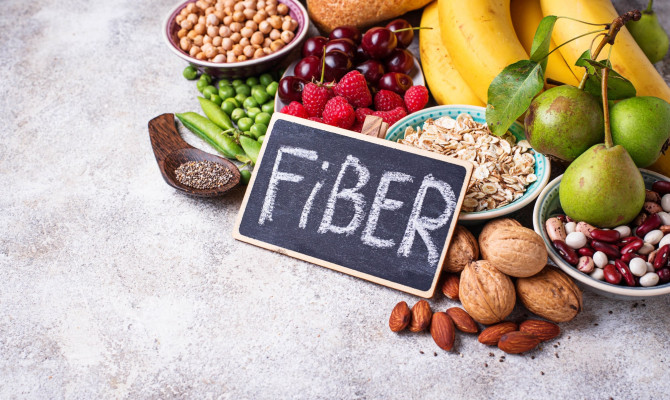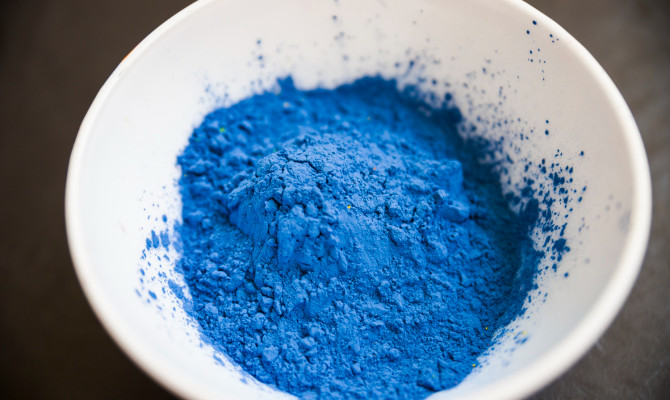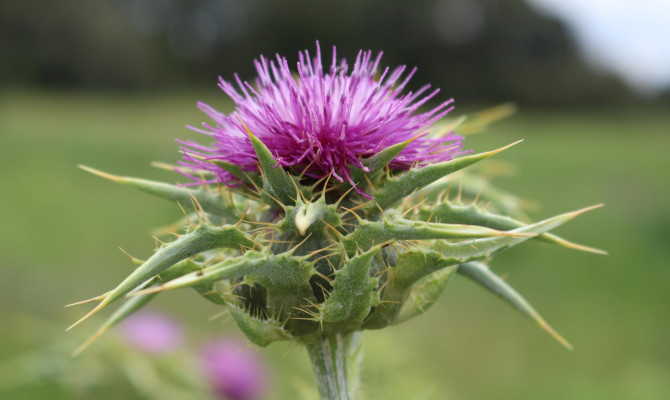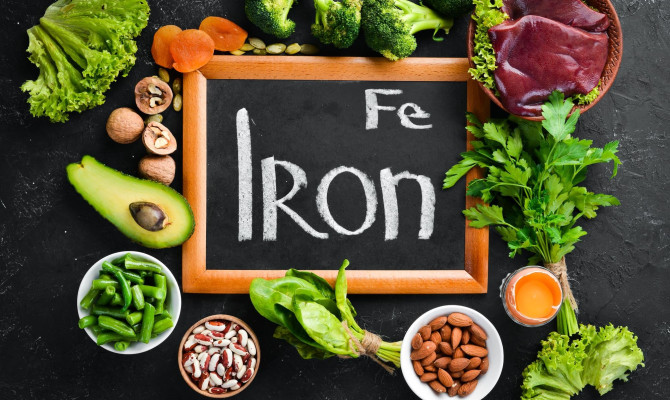Ginkgo biloba and its health benefits

- Ginkgo Biloba
- 16 Aug 2023
Overview
What is Gingko biloba?
Ginkgo biloba (maidenhair tree) is a medicinal tree species that can live up to thousand years and is one of the ancient plants on the planet. It is a deciduous tree with seasonal shedding of leaves and petals. The plant leaves are fan-shaped with two separate parts and have broad margins. It is native to China and has been used for traditional Chinese medicines from ancient times.The sole source of Ginkgo biloba is the Ginko tree.1Overview | Researched based study from Sciencedirect.com

Facts
Facts of Ginkgo biloba
- Ginkgo biloba is also known as ginkgo, silver apricot, baiguo, and yinhsing
- Ginkgo biloba has no surviving relatives belonging to the species and is hence called the ‘living fossil.’
- In ancient times, the Ginkgo leaves were used as natural remedies for treating several health problems.
- Ginkgo biloba is presently one of the popular health supplements in Europe and the United States 1Facts | Researched based study from Sciencedirect.com 2Facts| Researched based study from Nccih.nih.gov
Nutrition
Nutrition in Ginkgo biloba
Ginkgo biloba is full of nutrition; it has many active components at high and low levels, like3Nutrition| Researched based study from Nlm.nih.gov
Major source of
- Vitamins A
- Vitamin C
- Niacin
- Phosphorous
- Folate
Minor source of
- Pantothenic acid
- Zinc
- Iron
- Calcium
- Magnesium
- Manganese
Bioactive
Bioactive Components in Ginkgo biloba
Terpenoids
- Terpenoids are secondary metabolites present in plants, secondary metabolites are natural compounds produced by plants for defense purposes.
- It has antioxidant, anti-inflammatory, and antimicrobial properties
Flavonoids
- Flavonoids are polyphenolic secondary metabolites in plants
- It has antioxidant properties
Lignans
- Lignans are polyphenols compounds present in the plant
- It has antioxidant and anticancer properties
- It functions as estrogen(female hormone) in the body 3Bioactive| Researched based study from Nlm.nih.gov
Benefits
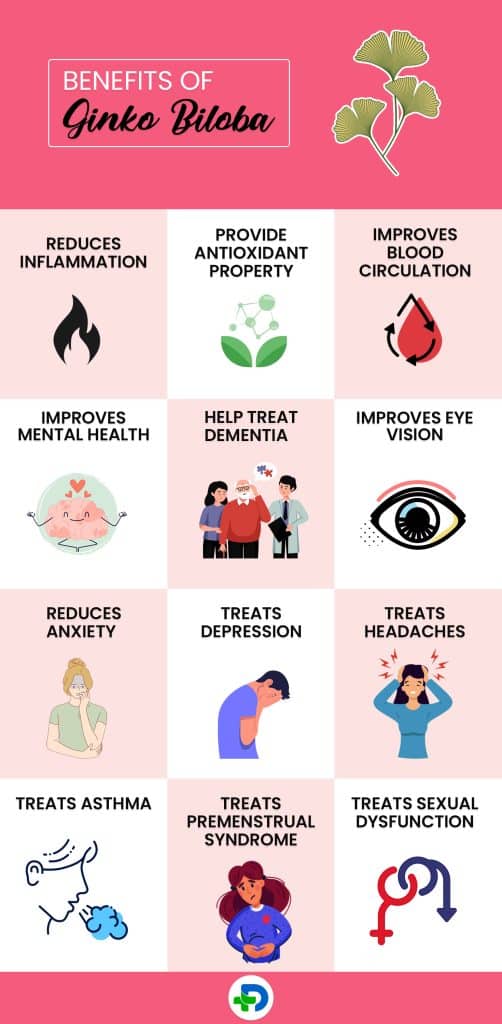
Benefits of Ginkgo biloba
The active components of Ginkgo biloba neutralize free radicals produced in the body and prevent cell damage.Free radicals are unstable particles produced in the body during normal body processes and can destroy cells, cause sickness and initiate aging 4Biological role| Researched based study from Sciencedirect.com
Benefits of using Ginkgo supplements are as follow:
Reduces inflammation
- It reduces the markers of inflammation viz; c reactive protein marker
- It reduces pain, swelling, and redness 5Benefits| Researched based study from Onlinelibrary.wiley.com .
Provide antioxidant property
- It inhibits oxidative stress in the body
- Prevents abnormal cell growth
- It prevents deoxyribonucleic acid damage
- Protects the body against long-term diseases
Improves blood circulation
- It increases the blood flow
- It helps in the dilation of the blood vessels 7Benefits| Researched based study from Nlm.nih.gov
Improves mental health
- It improves memory and concentration
- It enhances the brain’s functioning
However, more research is required to prove its efficiency 6Benefits| Researched based study from Onlinelibrary.wiley.com
Help treat dementia
- It improves the associated symptoms of dementia, such as stress and anxiety
- It enhances the brain’s thinking ability 8Benefits| Researched based study from Nlm.nih.gov
Improves eye vision
- It improves the blood flow to the eye in glaucoma patients
- It improved vision of age-related macular degeneration disease
- Age-related macular degeneration disease is an eye disease that blurs the eye vision 11Benefits| Researched based study from Nlm.nih.gov 12Benefits| Researched based study from Nlm.nih.gov
Reduces anxiety
- Ginkgo helps reduce the symptoms of anxiety
However, more research is required to prove Ginkgo’s effects on anxiety 10Benefits| Researched based study from Nlm.nih.gov
Treats depression
- It improves the symptoms of depression.
- It reduced depression in post-stroke patients when used with venlafaxine (an antidepressant drug) 9Benefits| Researched based study from Nlm.nih.gov
Treats headaches
- Ginkgo help in treating headaches
- It can dilate blood vessels and improve blood flow
- Its anti-inflammatory effect reduces the pain
However, more research is warranted to prove the relationship between Ginkgo and headaches 13Benefits| Researched based study from Nlm.nih.gov
Treats asthma and other respiratory diseases
- It improved the symptoms of asthma
- It reduces the inflammation of the airways to the lungs
- It increases the lung capacity 14Benefits| Researched based study from Nlm.nih.gov
Treats premenstrual syndrome
- It reduced the symptoms of premenstrual syndrome
- It reduces the stomach cramps
- It reduces the anxiety 15Benefits| Researched based study from Nlm.nih.gov
Treats sexual dysfunction
- It reduces the symptoms of sexual dysfunction by improving blood flow to the sex organ
- It improved the sexual desire
However, research is minimal to prove sexual dysfunction 16Benefits| Researched based study from Nlm.nih.gov
Forms
Various available forms of Ginkgo biloba
Ginkgo is available in various form to administer
Common forms are
- Tablet
- Capsules
- Dried leaves
- Dried leaves are used to prepare tea
Ginkgo biloba liquid extract available as
- Tinctures (plant extract dissolved in ethanol)
- Glycerites( plant extract dissolved in glycerin)
Ginkgo standardized extracts
Standardized extracts are herbal extracts containing one or more components in guaranteed amounts and are generally expressed in percentages. Ginkgo biloba standardized extract is available as
- Triterpene lactones( contain 6 to 12% terpenoids)
- Flavone glycosides(contain 24 to 32% flavonoids)
Ginkgo tablets
Ginkgo tablets are health supplements promoted to treat the following conditions
- Dementia (loss of thinking and reasoning capacity)
- Memory loss
- Buzzing sound in the ears
- Poor blood circulation
- Eye problem
Dosage
Dosage of Ginkgo biloba
- Adults can take 120 to 240 milligrams per day 2 to 3 times in a divided dose.
- It can take 24 to 42 days to get noticeable results.
However, it is best to consult a physician to get the correct dose
Precaution
Who should not consume Ginkgo biloba ?
People should avoid consuming ginkgo or any supplements containing ginkgo, in following health status
- Diabetes (high sugar)
- Hypertension (high blood pressure)
- Epilepsy (abnormal activity in the brain that causes uncontrolled body shaking)
- Bleeding problem
- Pregnant woman
- Nursing mothers
- Children
- People above 65 years of age 17Precautions| Researched based study from Nlm.nih.gov
Side effects
Side effects of Ginkgo biloba
- Headache
- Nausea and vomiting
- Restlessness
- Rapid heartbeat
- Abdominal pain
- Lightheadedness
- Skin rash
- Itchiness
- Swelling of face, mouth, lips
- Diarrhea (watery stool)
- Constipation (difficulty in clearing bowels) 18Side effects| Researched based study from Nlm.nih.gov
Interactions
Interactions with medicines
Ginkgo may interact when consumed with other medicines, like
Diabetes drugs
- Taking Ginkgo and diabetic drugs together might alter the effect of the drug.
Alprazolam
- Alprazolam is used to relieve anxiety
- Taking Ginkgo and Alprazolam together might decrease the effectiveness of the drug.
Anticonvulsant drugs
- Taking Ginkgo and anticonvulsant drugs together might decrease the efficiency of the drug.
Anticoagulant drugs (blood thinning medications)
- Taking Ginkgo and anticoagulants together increases the risk of bleeding
Antidepressant drug
- Taking Ginkgo and antidepressants (such as Tofranil and Prozac) together might reduce the drug’s effect.
Antihypertensive drugs (High blood pressure controlling drugs)
- Ginko lowers blood pressure.
- So taking Ginkgo and antihypertensive drugs together may further dip the blood pressure leading to dizziness and fainting.
Ibuprofen
- Taking Ginkgo and ibuprofen together might cause profuse bleeding
Cyclosporine
- Cyclosporine (used after organ transplantation) suppresses the immune system while Ginko enhances the body’s immune response.
- So taking Ginkgo and cyclosporine together might reduce the effectiveness of the drug.
Thiazide diuretics (a drug that increases urine flow)
- Taking Ginkgo and thiazide together appears to increase the blood pressure 18Interactions| Researched based study from Nlm.nih.gov
Takeaway
Key Takeaways
- Ginkgo biloba is a traditional medicine used for centuries
- Ginkgo biloba research is limited, and more research is needed to evaluate its efficiency for human health
- Ginkgo biloba supplements are available in health stores to be purchased online.
- It is always advisable to consult a registered health practitioner before consuming Ginkgo biloba tablets or supplements
Any feedback on this article?
 This Articles content was accurate
This Articles content was accurate Very Informative Article
Very Informative Article I have a question or a comment
I have a question or a comment
 This article contains inaccurate content
This article contains inaccurate content This article was not helpful
This article was not helpful I have a question or a comment
I have a question or a comment
We appreciate your helpful feedback!
Checkout our social pages
References
-
Science Direct
Ginkgo | Overview | Facts
-
National Center for Complementary and Integrative Health
Ginkgo | Facts
-
National Library of Medicine
Ginkgo biloba: A Treasure of Functional Phytochemicals with Multimedicinal Applications | Nutrition
-
Science Direct
Ginkgo Biloba | Biological role
-
Wiley Online Library
Beneficial effects of Ginkgo biloba leaf extract on inflammatory markers: A systematic review and meta-analysis of the clinical trials | Benefits
-
Wiley Online Library
Is Ginkgo biloba a cognitive enhancer in healthy individuals? A meta-analysis | Benefits
-
National Library of Medicine
Ginkgo biloba extract improves coronary artery circulation in patients with coronary artery disease: contribution of plasma nitric oxide and endothelin-1 | Benefits
-
National Library of Medicine
Ginkgo Biloba for Mild Cognitive Impairment and Alzheimer's Disease: A Systematic Review and Meta-Analysis of Randomized Controlled Trials | Benefits
-
National Library of Medicine
Efficacy of ginkgo biloba extract as augmentation of venlafaxine in treating post-stroke depression | Benefits
-
National Library of Medicine
GABA-modulating phytomedicines for anxiety: A systematic review of preclinical and clinical evidence | Benefits
-
National Library of Medicine
Ginkgo biloba and its potential role in glaucoma | Benefits
-
National Library of Medicine
Ginkgo biloba extract for age-related macular degeneration | Benefits
-
National Library of Medicine
Current Perspectives on the Beneficial Role of Ginkgo biloba in Neurological and Cerebrovascular Disorders | Benefits
-
National Library of Medicine
Evaluation of the anti-inflammatory properties of the active constituents in Ginkgo biloba for the treatment of pulmonary diseases | Benefits
-
National Library of Medicine
A randomized, placebo-controlled trial of Ginkgo biloba L. in treatment of premenstrual syndrome | Benefits
-
National Library of Medicine
Short- and long-term effects of Ginkgo biloba extract on sexual dysfunction in women | Benefits
-
National Library of Medicine
Safety and efficacy of ginkgo (Ginkgo biloba) during pregnancy and lactation | Precautions
-
National Library of Medicine
Ginkgo biloba--effect, adverse events and drug interaction | Interactions | Side effects













